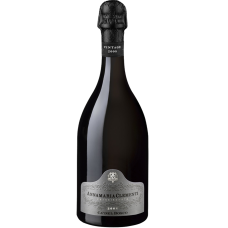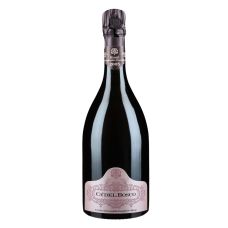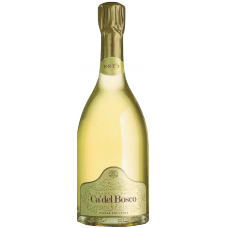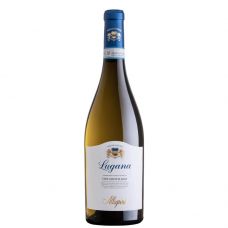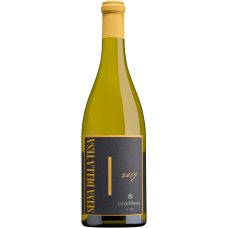First inhabited by Gallic tribes, what is today Lombardy was conquered by the Romans in the 3rd century BC and become part of the Cisalpine Gaul, which in Latin means "Gaul on this side the Alps" As with much of modern Italy, the region was theater to many invasions and occupations by Nordic and Eastern tribes generically referred to as barbarians.
In AD 569 the area become the center of the kingdom of the Lombards, an ancient German group that gave the region its current name After becoming part of the Charlemagne Empire in 774 and undergoing a period of conflict and upheaval, wars and foreign invasions, the power base gradually switched from feudal lords to independent towns and communities.
A widespread economic revival took place, largely thanks to the commercial river trade routes between Europe and the Mediterranean port towns centered on the Po River After many more centuries of unrest and changing leadership, the region was under the rule of Austria as a part of the Lombardo-Venetian kingdom from 1815 until 1859, when they once rejoined Italy as a part of the united Italian Kingdom under the rule of the House of Savoy At the end of WWII, the Savoy family was expelled from Italy and the Italian Republic was born In 2003 the provision exiling the former royals was revised to allow the members of the Savoy family free entry onto Italian soil as private citizens.
Today, Lombardy is considered the industrial and commercial capital of Italy and the gateway to Europe However, valuing the region’s unique past, committed local communities of independent craftsmen and women have kept alive traditional artisan skills and trades that might have otherwise disappeared in today’s mass-marketed machine made world In recent decades there has been a resurgence — especially in the largest centers — in the appreciation and celebration of craftsmen’s hand-worked pieces and artisans skills The numerous traditional festivals that are still celebrated in this region refute the widespread belief that the conservation of folkloric heritage is strictly linked to lack of economic wealth and socio-cultural immobility.
.
- 750ml
- 750ml
- 750ml
- 750 ml
- 750ml
- 750ml
- 750ml

